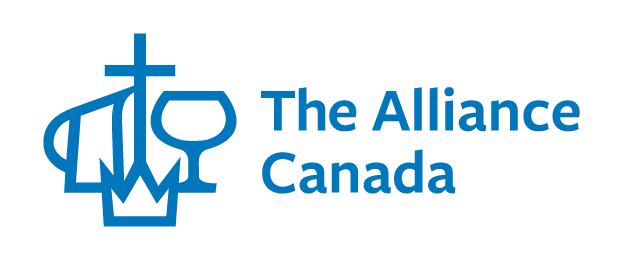Yazidis
Way of Life
In Biblical times, modern-day Iraq was known as Mesopotamia, and was a world centre at that time. Abram, the Assyrians, Babylonians, and MedoPersians of the Old Testament are from this region. The Tigris and Euphrates Rivers flowed from the Garden of Eden and today feed the Fertile Crescent, which stands in contrast with the mountains in the north and the desert. Yazidis have inhabited the mountains of northwestern Iraq for centuries; they reside in areas north of Mosul, and in the Kurdish-controlled province of Dohuk. They are a Kurdish minority group who follow an old religion similar to Zoroastrianism, with elements of Hinduism, Judaism, Christianity, and Islam blended in.
Yazidis have been persecuted for centuries, targeted because of their beliefs. They have faced genocide more than seventy times. Most recently, in August 2014, ISIS militants trapped them in the remote wilderness of the Sinjar Mountains. Thousands of Yazidis
were killed, taken hostage, or left to starve to death. Men were slaughtered, and women were forced into sex slavery and have been forced to convert to Islam.
Profile
Pronunciation: yuh-ZEE-dee
Population: 700,800; 543,000 in Iraq
Location: Primarily in the Nineveh province of Northern Iraq, also in Syria, Turkey, Armenia, Georgia, Germany, Russia, Sweden, parts of Europe
Ethnicity: Kurd
Language: Kurdish (Northern)
Religion: Muslim
Professing Christian: 0.11%
source: https://joshuaproject.net
Beliefs & Culture
The Yazidis believe they are descendants of Adam but not of Eve. They believe that they have descended through Jar of Jer, whom they believe to be Adam’s other wife. Because of this distinction, they rarely intermarry with other Kurds, and they do not accept religious converts. They pray towards the sun and are not supposed to wear the colour blue or eat lettuce or certain other foods. Their holy day is Wednesday, and they do not take showers on that day. They also believe that the soul is reincarnated after death. Although they believe Christ is the light of God, they also believe that God created the world and then created seven archangels to rule it. Yazidis are focused on pleasing angels and will even fast for them. One of these angels, the Peacock Angel, is believed to have passed God’s test by not worshipping Adam. Because of this, he was made the “god of this world,” and his worshippers circulate bronze or iron peacock effigies (sanjaqs) from town to town. The Peacock Angel is Shaytan, the name in the Quran for Satan. Yazidis are forbidden to speak his name. Because of these beliefs, many Iraqi Muslims consider the Yazidis to be devil-worshippers who are to be scorned and despised.
The Work So Far
Our international workers continue to lead short-term teams into Northern Iraq to minister among the Yazidis as well as those fleeing Mosul, and to encourage Alliance churches in the area. A team of workers are preparing to be in place, on the ground, fulltime in mid-2018 to work with the Yazidis. Many workers’ hearts are broken once they visit one of the Yazidis Internally Displaced People (IDP) camps and hear story after story of the evil done to many of the Yazidis. There is much left to be done though, as one Yazidi told the workers that were it not for Mount Sinjar, ISIS would have wiped them out and that because of this, his people should worship this mountain.
How to Pray for the Yazidis
Praise God that the complete Bible has been translated into their language. Pray that many Yazidis will read these words and accept Jesus as their Lord and Saviour.
Pray that believers in Christ will be accepted among them, and that the Yazidis will hear the Gospel through them as well.
Pray for those who have lost their homes and are trying to re-settle in other countries or in refugee camps. Pray for wisdom as the workers seek God’s direction in this ministry.
Pray for followers of Christ to have many open doors as they reach out to Yazidis who have fled to other countries.
Partner with us
Help us bring access to Jesus to the Yazidis and other least-reached people groups by donating to the Jaffray Project.

